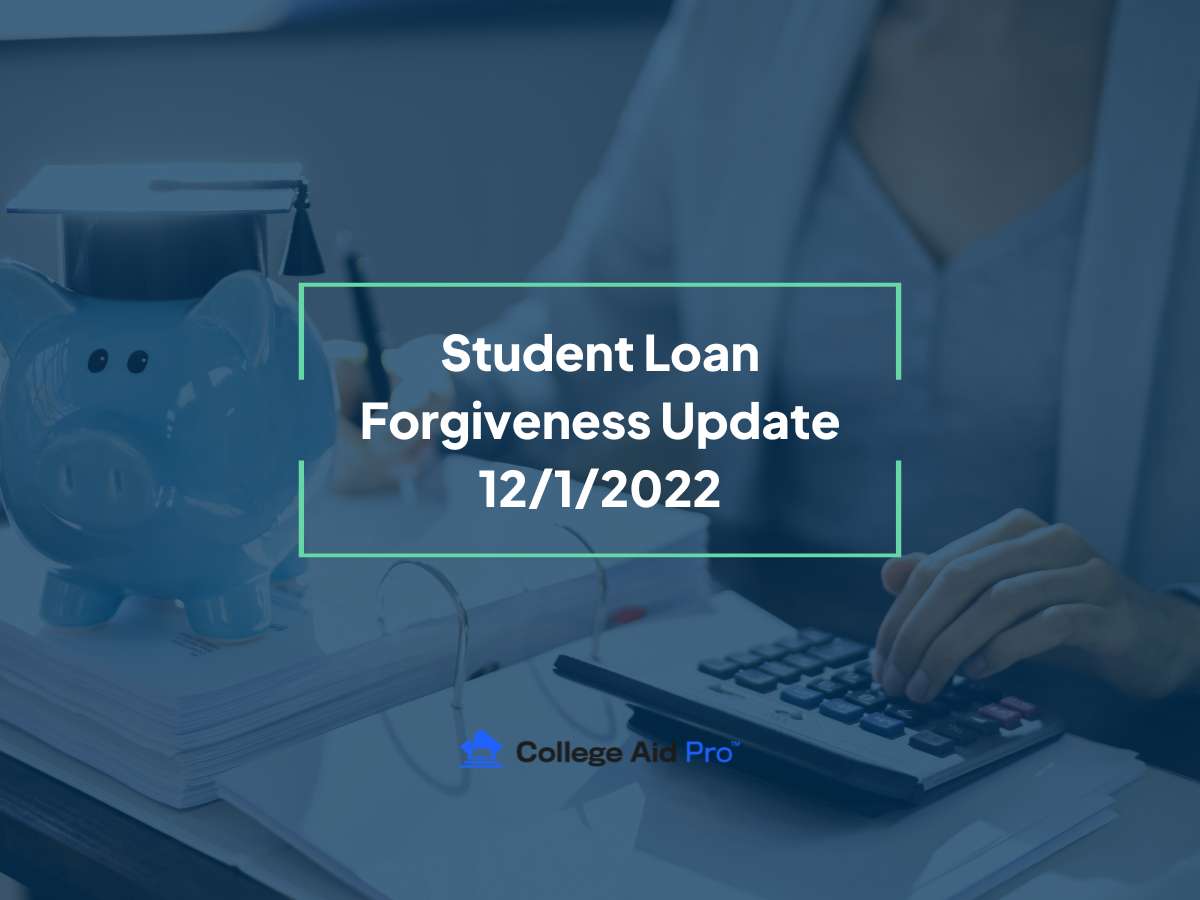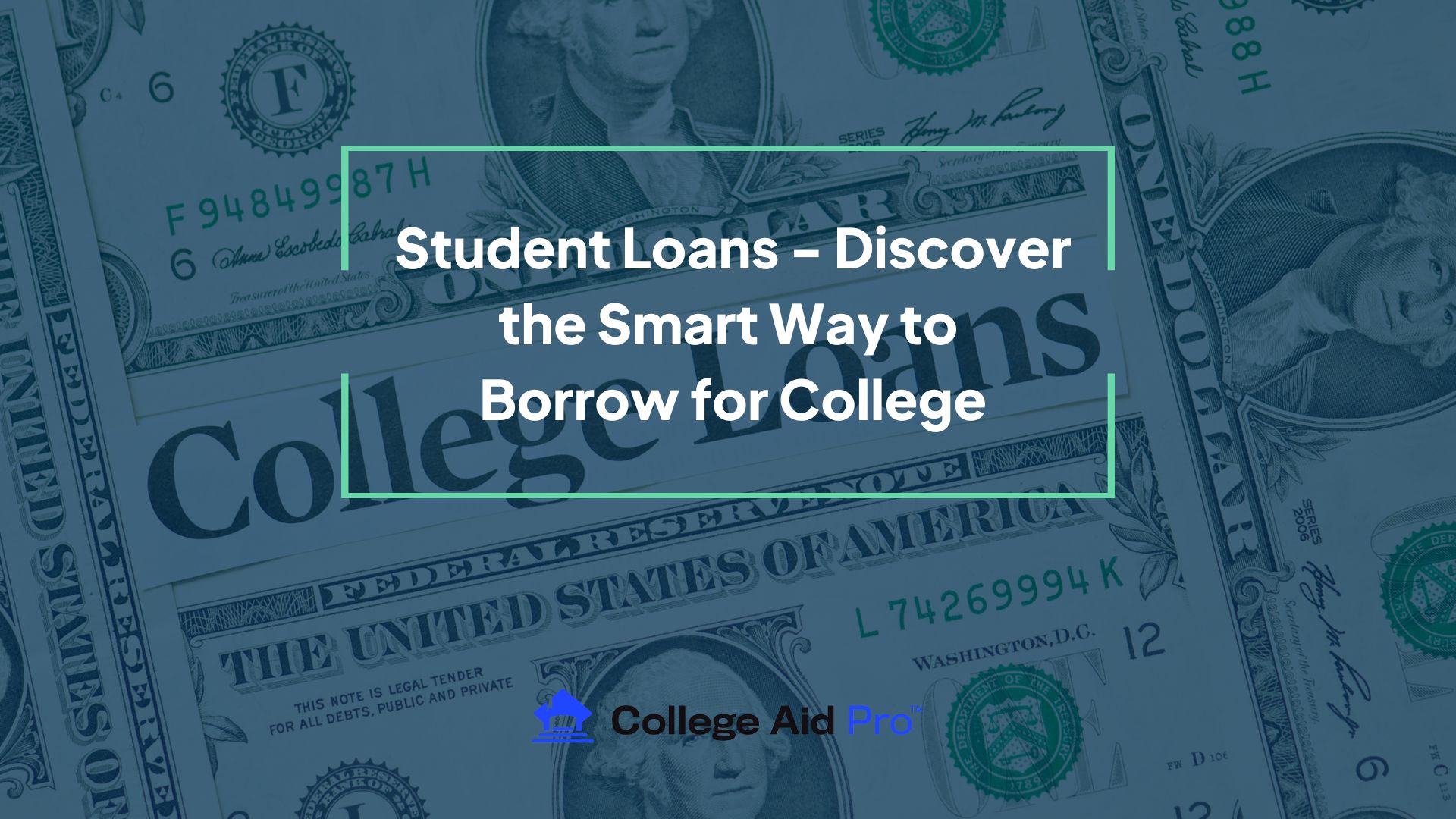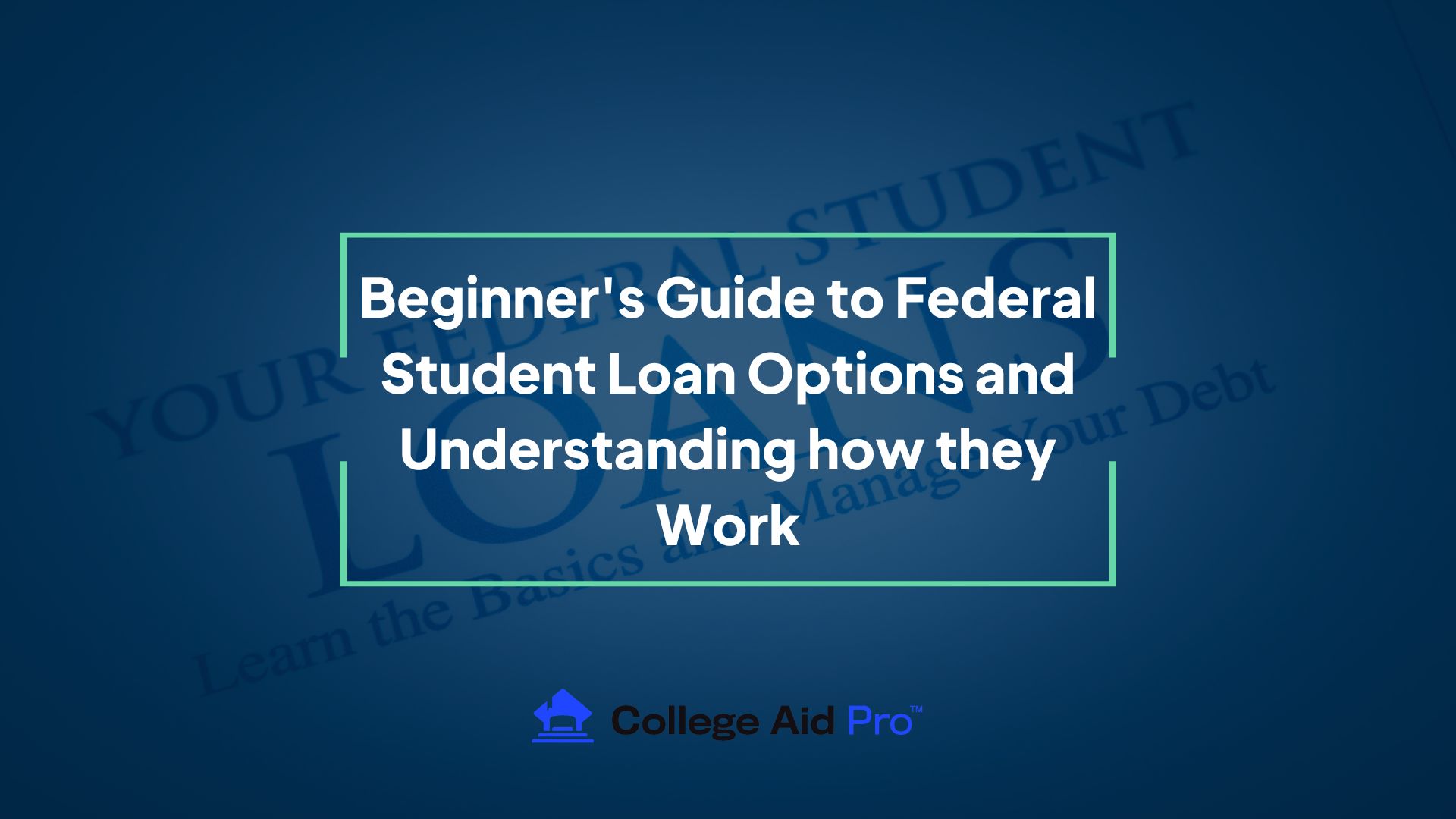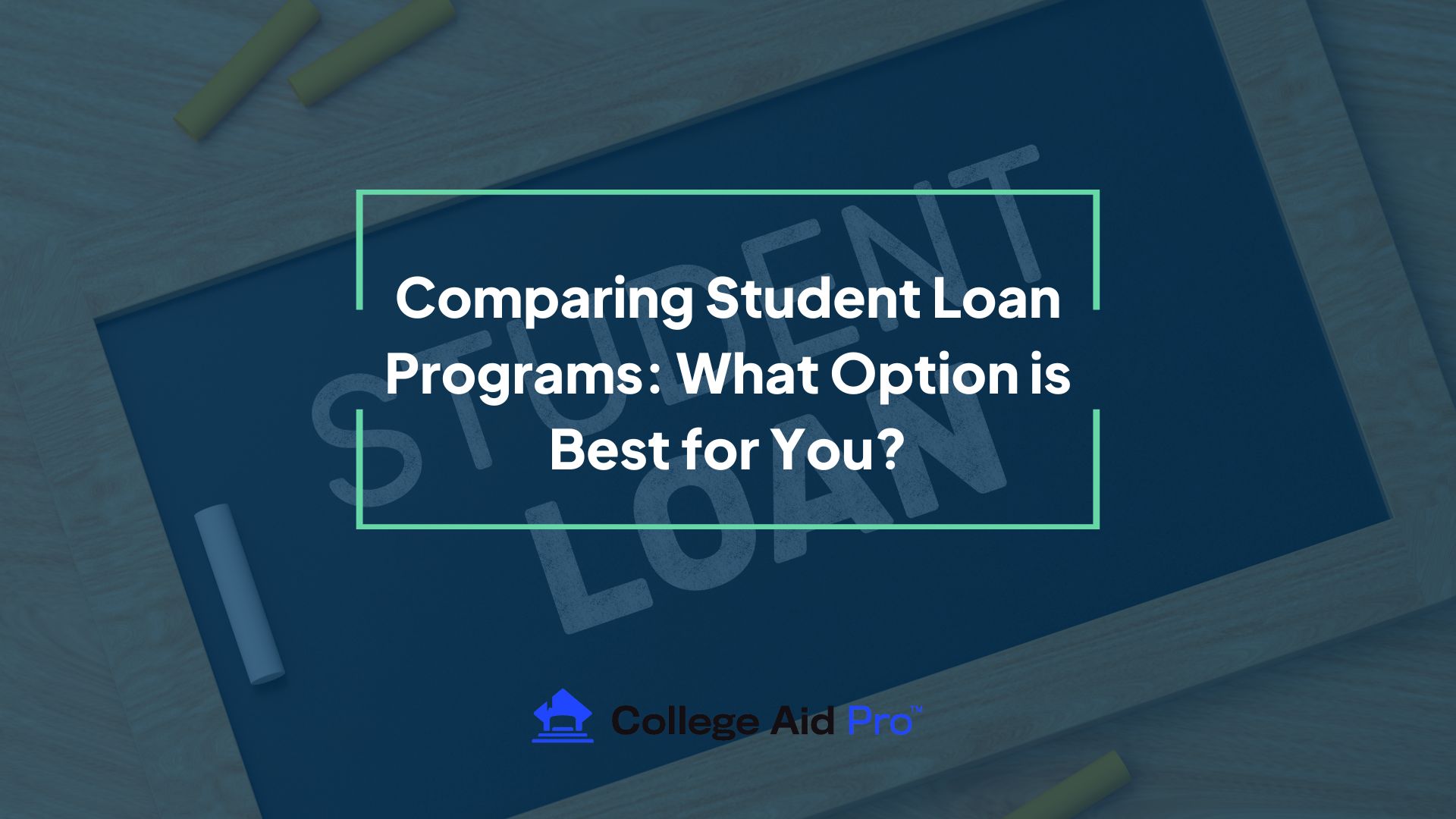For those waiting on federal student loan forgiveness, there have been some bumps in the road. Here are the latest updates.
First, some history.
In August 2022, President Biden announced a plan to cancel some student loan debt as well as make Income Driven Repayments more affordable. Since that time, several lawsuits have arisen to challenge the plan. The effect has been to halt the implementation of debt cancellation until the courts make their final decisions.
So, What Should You Do Now?
Here is where things stand for you now depending on where you are in the debt cancellation process.
Already approved – If you have already been approved for debt cancellation, you should have received notice from the Department of Education that the process is on hold. Once the legal challenges have been resolved, and if they are resolved in the federal government’s favor, your loan servicer will complete the final step of removing the debt from your balance.
Submitted but not approved yet – The Department Of Education will hold your file and resume processing if and when they are able to do so pending the outcome of the legal challenges.
Not submitted yet – New applications are not being accepted right now, but they may be accepted again once the court cases are resolved. The window to apply was originally open until 12/31/22.
How Do I Stay Up To Date As Things Change?
You can sign up to get updates from the Department of Education so that you won’t miss any new or important changes.
Does This Mean I Have To Start Making Payments Again In January?
The government has extended the loan payment pause until this litigation is resolved or 6/30/23. You will have 60 days after the pause ends to submit your first payment.
What About The Income Driven Repayment Changes?
The changes to the IDR or Income Driven Repayment Plans are unaffected by the lawsuits and expected to be implemented in the summer of 2023. Those include the following:
- IDR payments cut in half (from 10% of discretionary income to 5%)
- Increase of discretionary income cutoff to 225% of AGI
- More borrowers will have no payment at all due to the increase in the amount of income considered non-discretionary
- For beginning balances of less than $12k, forgiveness would occur after 10 years instead of 20 years
- In cases where your payment doesn’t cover the interest accrual, there would be no increase in the principal balance
Will I Have To Pay Income Tax On My Discharged Debt?
The American Rescue Plan Act specifies that no income tax will be assessed for student loans discharged between December 31, 2020 and January 1, 2026. Unless further changes are made, debt discharged after that will go back to being included in gross income. One exception to this rule would be debts discharged under the Public Service Loan Forgiveness Program, which are not taxable.
What Does The Team At College Aid Pro Have To Say?
Student loan debt forgiveness is a quick fix for some people but doesn’t address the on-going reality for those in school now or attending college in the future. Furthermore, some students may be tempted to borrow more than they can afford because of hopes that their debt will be forgiven down the road.
We encourage students to use all of the information available during the shopping process to find a school that fits financially, as well as academically and personally. That is the best way to set yourself up for success when it comes to paying for college and avoiding financial stress in the future.
We help students do that everyday with MyCap by giving them the best tools and guidance they can have. When a student has a close estimate of how much each school will cost them, personally, they can start to shop for the schools that align most closely with their needs.
Being flexible is a key component to the process as there are so many good schools out there. The trick is to not get stuck on the notion that you must attend a certain school no matter the cost.
Working with our tools and experts through MyCap, you can easily set your college budget and find schools that fit that budget. That way, no matter what ultimately happens with student loan forgiveness and repayment plans, you will be able to attend college with the confidence of knowing your college dream is not going to become a financial nightmare.



